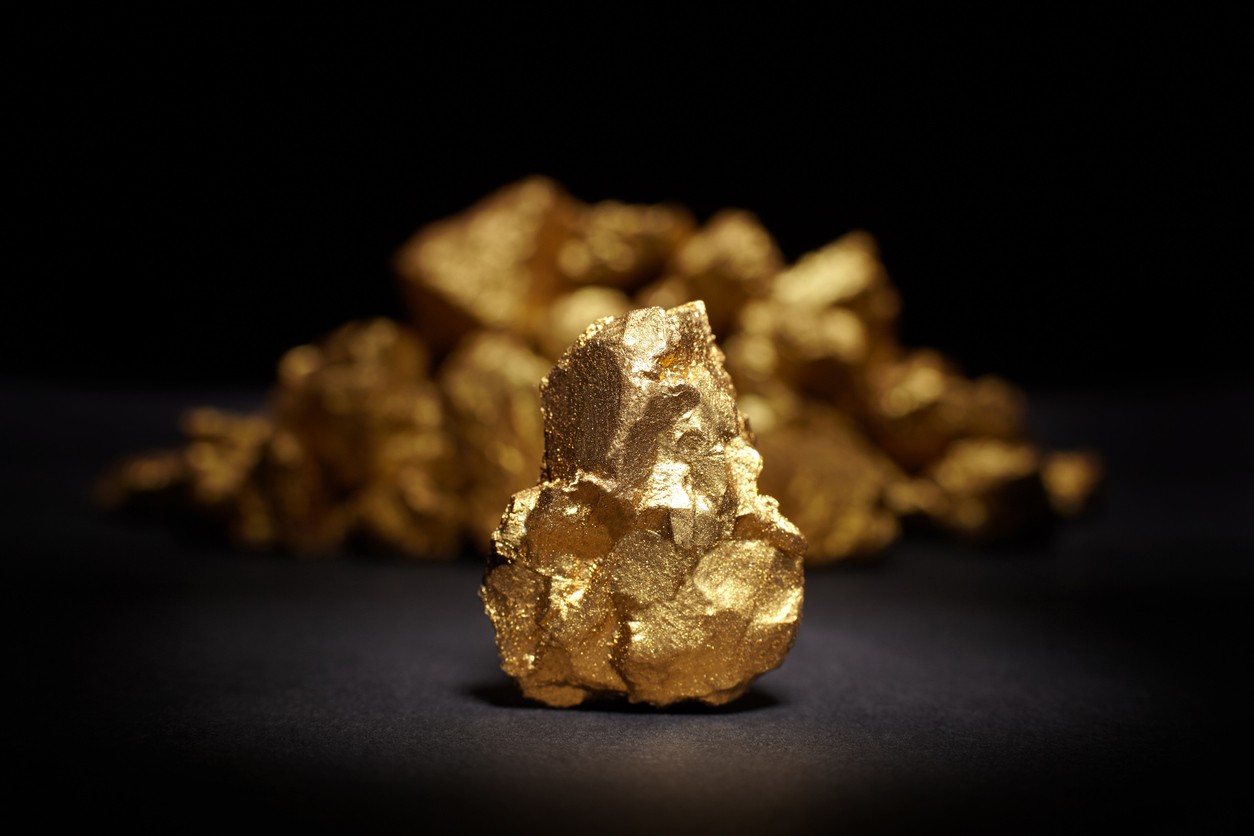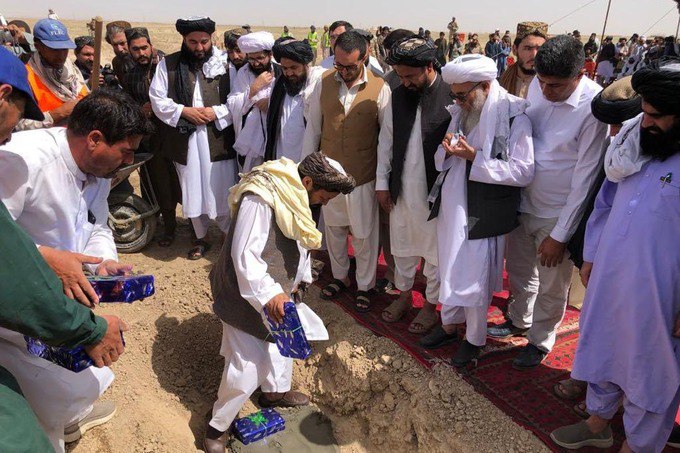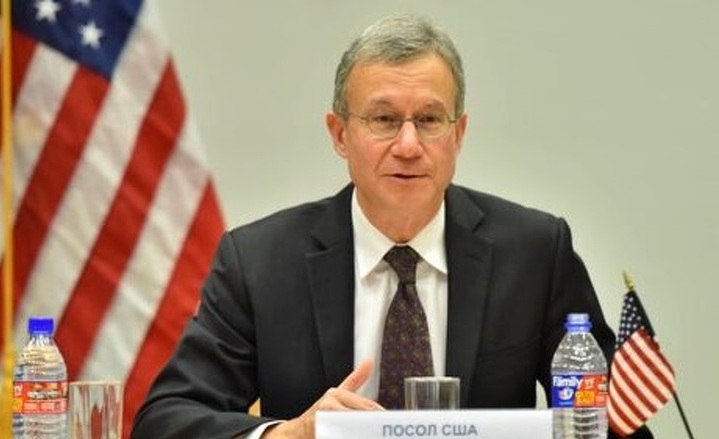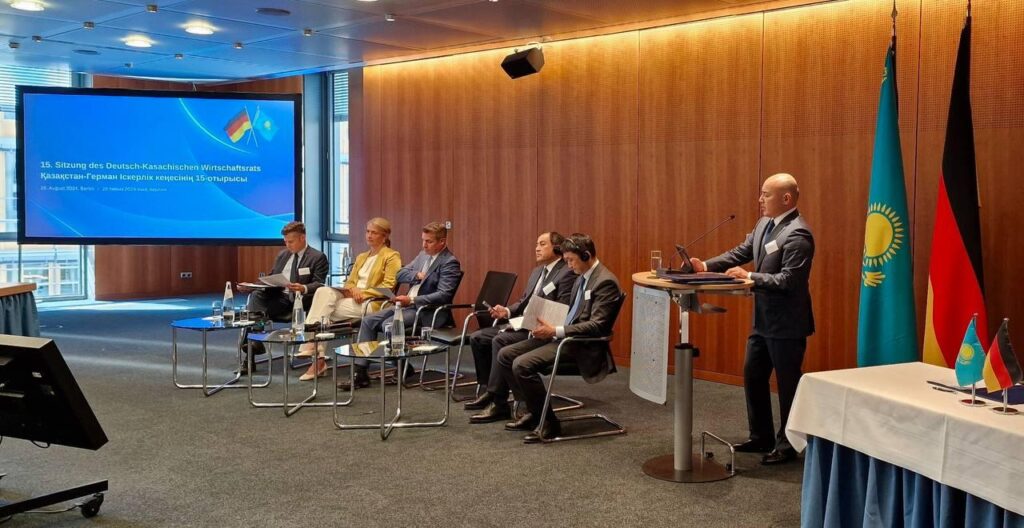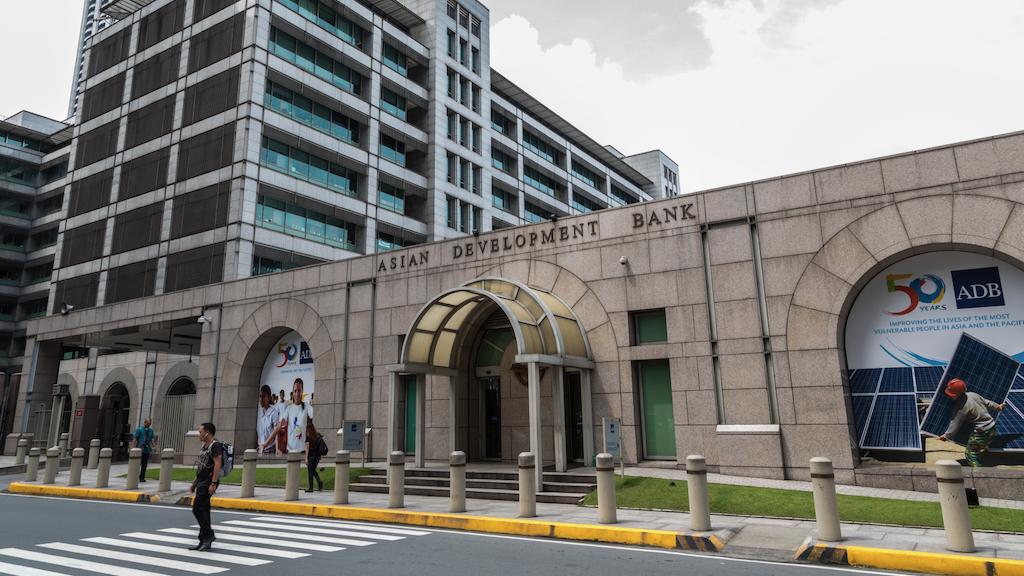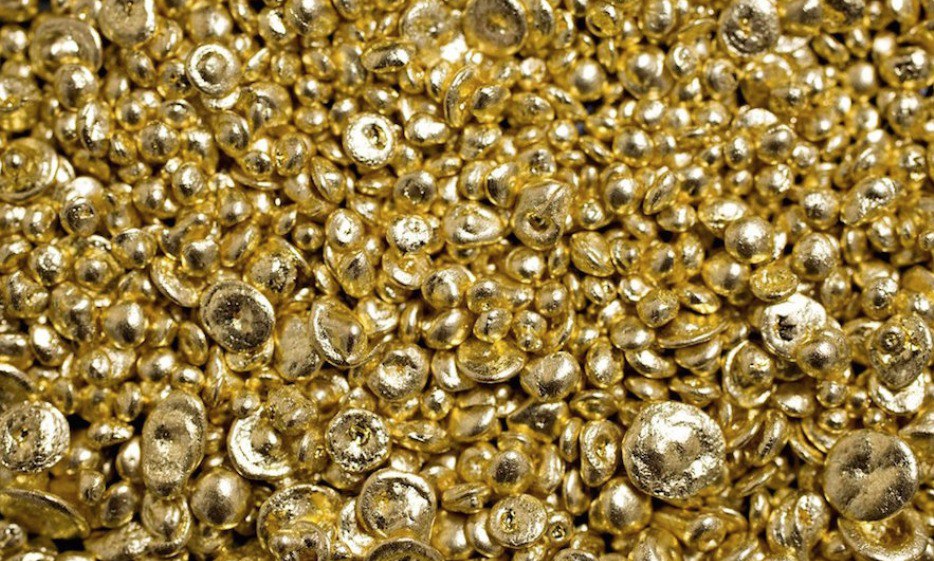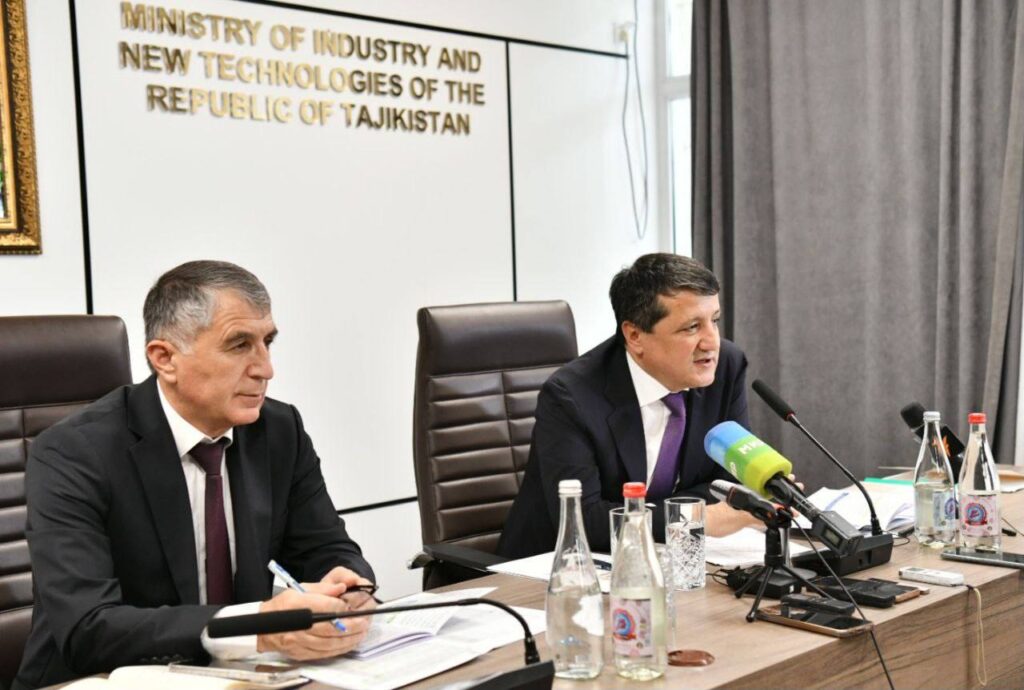In March this year, Uzbekistan became the largest seller of gold in the world: eleven tons of the strategic asset were sold. This strategy has allowed it to maintain reserves at a time of increasing government debt and state budget deficit.
“We have a trade deficit, a budget deficit. Perhaps other exports are not as good as we would like them to be. With high gold prices amid geopolitical instability, there are worse times to sell gold,” Yuli Yusupov, an independent Tashkent-based economist, told Radio Ozodlik.
As of May 1, Uzbekistan’s foreign exchange reserves totaled $34.2 billion, of which about $26.5 billion was gold, according to the country’s Central Bank. By the end of 2023, the country’s “financial safety cushion” has decreased by $1.2 billion – from $35.77 billion to $34.56 billion. Gold helps Uzbekistan “stay afloat” in difficult economic conditions. Between 2010 and 2014 the country exported 207 tons; between 2015 and 2020 it exported 480 tons.
Now, Uzbekistan produces an average of 100 tons of gold per year, with plans to produce 150 tons. At this rate, gold reserves should last 20-30 years, but the republic is developing new quarries, the reserves of which could be quite impressive. For example, reserves in the Yoshlik mine may be up to 5,000 tons.
Nevertheless, according to analysts, the constant sale of gold is not a long-term solution, and it will be necessary to develop industrial production and services, and export goods with high added value.
Uzbekistan’s growing dependence on gold is evidence of obvious problems in the economy, which, despite visible positive changes, remains in a deadlock. By the end of 2023, when Uzbekistan’s trade deficit amounted to a record $13.7 billion, the share of gold exports in the total volume rose to a third.
President Mirziyoyev’s rise to power marked sweeping economic reforms that have attracted foreign investors, but at the same time increased external debt, which by the end of 2023, according to the International Monetary Fund, amounted to $31.7 billion, or 35.1% of the country’s GDP, roughly doubling in the past five years. Under Islam Karimov (Uzbekistan’s first president) this varied between 10-15%.
